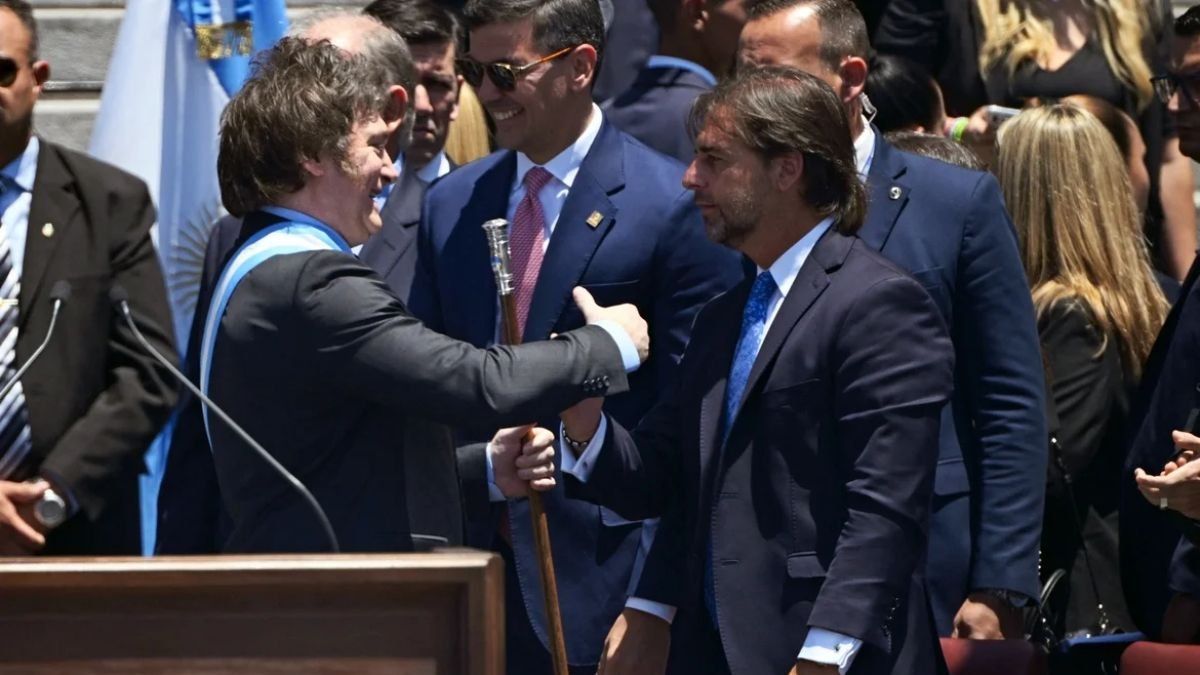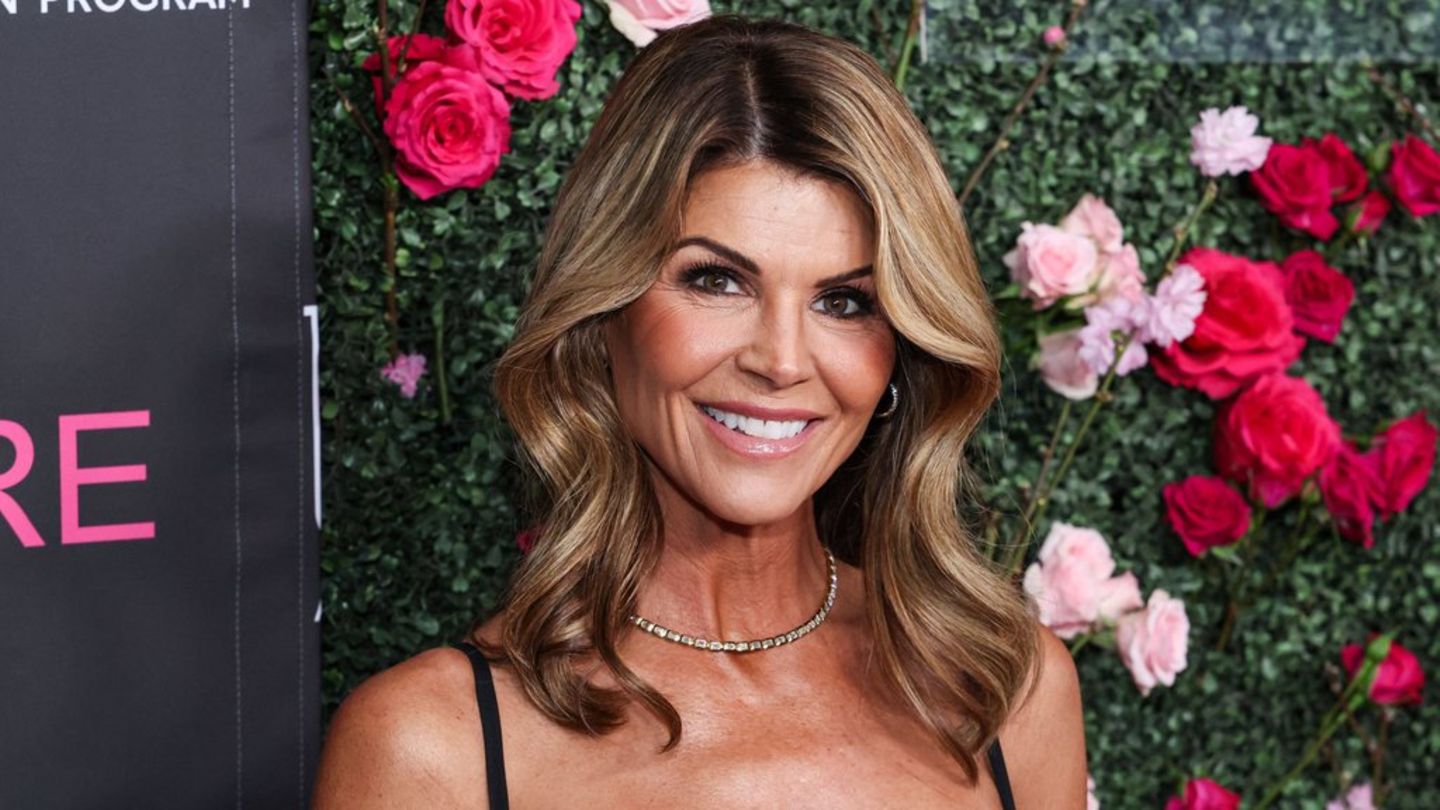The “honeymoon” of the presidents who begin their mandate with the people has changed due to the post-pandemic scenario and the growing political polarization, a study carried out in Argentinabut, in that scenario, there are some exceptional cases such as that of Luis Lacalle Pou.
The study carried out by the public opinion observatory Press UBAbelonging to the University of Buenos Aires, also revealed that the heads of state of America They no longer begin their governments with approval levels close to 70%, as was traditionally the case.
The focus was on the first 100 days of government of 9 presidents of the continent: Luis Lacalle Pou, Javier Milei, Lula da Silva, Gabriel Boric (Chili), Pedro Castillo (Peru), Gustavo Petro (Colombia), Guillermo Lasso (Ecuador), Andrés Manuel López Obrador (Mexico), and Joe Biden.
The objective of the study was to understand how the levels of presidential approval in those countries and explore the factors that could explain these variations.
The final report showed that four of the presidents escaped the trend of the abbreviated “honeymoon”, among them Luis Lacalle Pou, along with Lasso in Ecuador, López Obrador in Mexico, and, to a lesser extent, Petro in Colombia.
These leaders maintained relatively high approval levels in their first 100 days in office according to the opinion study.
Another of the most notable findings of the report is the importance of political careers of the presidents. In this sense, it was observed that those considered “outsiders“They face more difficulties than traditional politicians in maintaining or increasing their popular support in the first days of management.
Some clear examples of this trend are the cases of President Milei, his Chilean counterpart Gabriel Boric and Pedro Castillo in Peru, leaders with little personal political experience who created new political movements to obtain power.
The study also suggests a connection between the political origin of the leaders and the variations in their respective “honeymoons.” This suggests that the initial political context plays a crucial role in the public perception of the elected president during the first 100 days of government.
In this way, according to the report, Latin American political leaders who became president through established parties and previous experience in government, or with new structures but having been part of some space before, they have more possibilities of escaping this new scenario.
These would be the cases of Lacalle Pou, Lula da Silva and Biden, who are considered “insiders“, since they came to the presidency through party structures and have government experience.
Meanwhile, Gustavo Petro, Guillermo Lasso and Andrés Manuel López Obrador are labeled in the report as “mavericks“, since although they had political experience, they built their own party structures for their presidential campaigns.
Analysis based on a significant average of collected polls offers a detailed view of how changes in the political landscape, polarization and individual political trajectories influence presidential approval in America during the first months of government.
Source: Ambito




